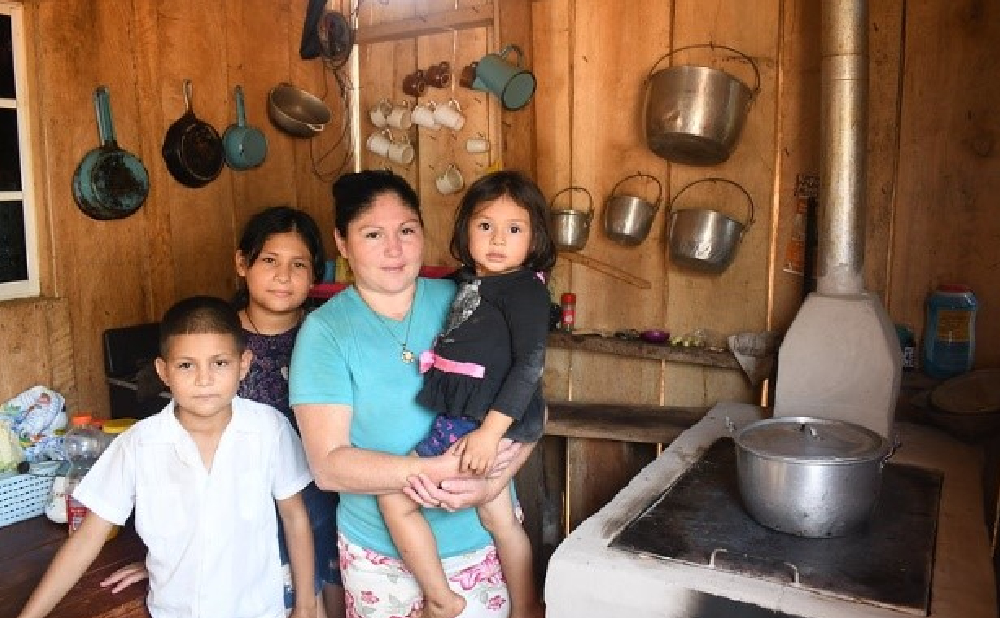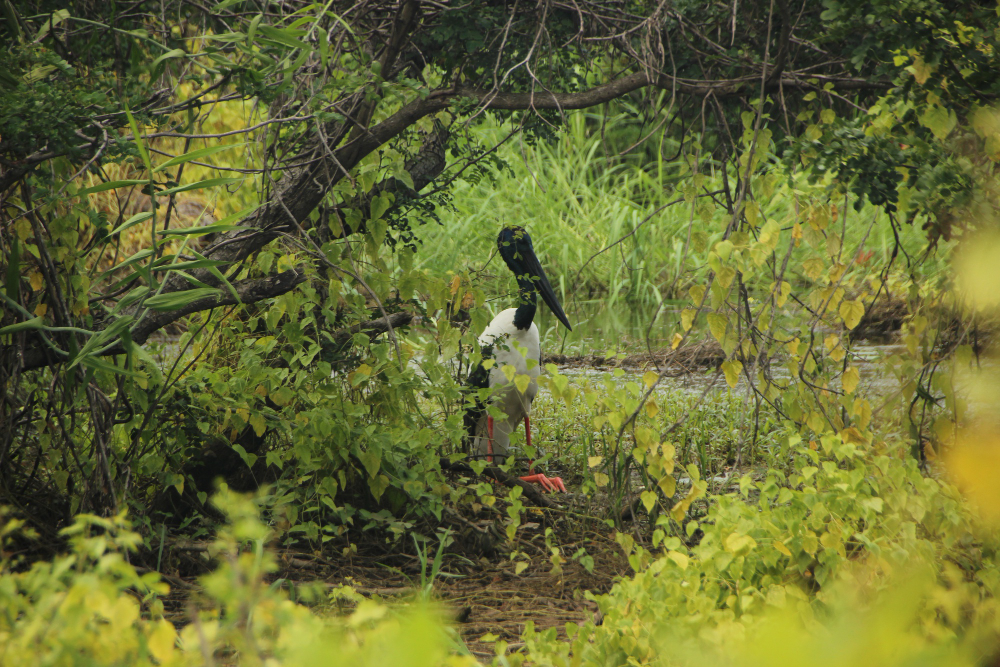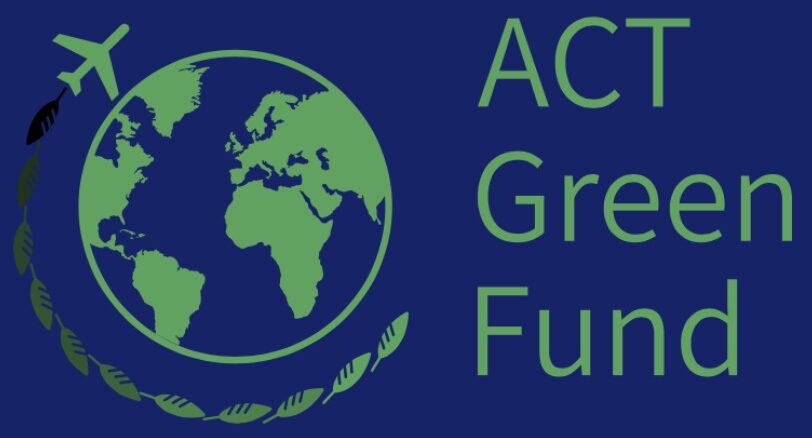What is an offset?
An offset is an action intended to compensate for the emission of carbon dioxide into the atmosphere as a result of industrial or other human activity, especially when quantified and traded as part of a commercial scheme. In the context of aviation, the Carbon Offsetting and Reduction Scheme for International Aviation is one of the most important such commercial schemes in the world. Airlines offset their carbon emissions by purchasing credits from projects that reduce or avoid emissions elsewhere, thereby compensating for their carbon footprint. Although airlines are the main buyers of carbon offsets in the aviation industry, airports can also be buyers and can see offsetting as an adequate and effective solution.

What are high quality carbon projects?
A carbon project is considered high quality when it uses an accurate baseline assessment and follows a recognized, rigorous methodology for reducing or avoiding carbon emissions. For example, the most respected methodologies are usually from the VERRA and Gold Standard registries. In addition, a project must demonstrate additionality, it must avoid leakage, avoid double counting, and the project benefits must be permanent. Projects that are aligned with the Core Carbon Principles developed by the Integrity Council for the Voluntary Carbon Market (ICVCM) are expected to stand out for their superior quality.



What are high impact carbon projects?
A carbon project is considered high impact when it produces additional benefits beyond carbon emissions reduction or avoidance. For example, projects that are aligned with multiple Sustainable Development Goals of the United Nations, are considered more impactful. Likewise, projects that take place in areas where the population suffer from poverty, malnutrition, or lack of access to clean water, while solving these problems as part of the project benefits, for example, are considered to be particularly impactful.

Our solution to quality
Our team has recognized that in order to guarantee project quality, it is not sufficient to rely on the project audits conducted by the official auditors. Having pre-existing, long-term relationships with both the registries and the project developers, project auditors have an economic incentive to approve projects because they become a long-term source of revenue for them. This is not to say that audits are not generally good or accurate, but there are many quality issues that can slip through the cracks. To remedy this problem, our team have signed agreements with reputed NGOs and Universities to conduct additional project verifications, to ensure the baseline is properly constructed, the methodology for calculating carbon is correct and the additionality of the project is true and verified. These agreements are on a per-project basis and the partners get paid a modest fee only once, regardless of whether their assessment of the project is positive or negative. Another measure we have taken to ensure superior project quality is to look for those projects that have an additional quality certification or a recognized award given to the project or the developer. Even though the ICVCM has not yet determined which methodologies from the registries will receive its Core Carbon Principles Seal of Approval, we make sure our projects are aligned with the methodologies that are most likely to get the CCP Seal, expected to be issued in March-April 2024. We make sure our projects were never involved in any scandal and never mentioned negatively anywhere, and we make sure the project developers have an impeccable reputation. Finally, we make sure the host country of the project respects the rule of law and human rights, and are advanced in the establishment of an article 6 authorization mechanism for eventually issuing corresponding adjustments. If you would like to understand what article 6 means, read our article about The Truth about Article 6 and Its Importance for Aviation.
What is the problem in the voluntary carbon market?
There are several problems in the voluntary carbon market when it comes to buying carbon credits. There are many old projects which were conducted and assessed under standards that were less rigorous than present ones, making their credits low quality. Even with newer projects, it is difficult to assess quality and additionality. Many projects, including REDD+ (conservation), Improved Forest Management and Cookstoves projects, have recently come under attack for over-crediting and/or not delivering real carbon emissions reductions or avoidance. Their baseline assessments were said to be exaggerated, their methodology for quantifying carbon avoidance/reduction faulty and their bottom-line additionality not making the grade. Finally, projects have come under attack for situations of human rights abuses on project sites. If you want to make sure to avoid buying the wrong carbon credits, read our article The 7 Deadly Sins of Buying the Wrong Carbon Credits.
Our solution to impact
The same issues that affect project quality also affect its impact. Auditors are sometimes incentivized to overlook or dismiss impact problems, considering them to be of secondary importance or showing leniency in response to a project developer’s perceived efforts or good will. In order to guarantee superior impact in all our projects, we require that they be aligned with at least 5 SDGs and we verify their compliance through partnerships with reputed NGOs that specialize in SDGs. In the additional verification conducted by NGOs, they make sure that each SDG is being achieved or that there is a precise plan for its achievement with a defined timeline and milestones. Additionally, our partners verify that the human rights situation on the project site is adequate, by asking for specific information to ensure that those impacted by the project, particularly women and children, have the right work and living conditions in place and that there are effective grievance mechanisms to quickly redress any problem. If a problem is perceived or any questions remain unanswered after this additional verification, our partners conduct a site visit and interviews to get to the bottom of any issue.
Carbon credits from featured projects

COLOMBIA REFORESTATION
This project uses analog forestry, a reforestation technique that aims to replicate the native forest with all its biodiversity. Lands that were deforested due to mining and illegal logging are recovered through tree planting. Read More

PERU CONSERVATION
Through its forest conservation activities in the Belgica, Madre de Dios region, the project works with indigenous tribes to prevent the emission of greenhouse gases produced by deforestation and forest degradation, and thus contribute to the mitigation of climate change. Read More

HONDURAS AND GUATEMALA COOKSTOVES
The Proyecto Mirador constructs and distributes improved cookstoves to the rural populations of Honduras and Guatemala. In addition to significantly reducing carbon emissions, the project addresses and resolves a public health problem. Read More

GALILEA FOREST CONSERVATION
The Galilea Forest Conservation REDD+ Forest Ame, has the main objective to preserve the region’s native forest by reducing Greenhouse Gas Emissions (GHG) Read More
©2024. ACT Green Fund Inc. All Rights Reserved.

